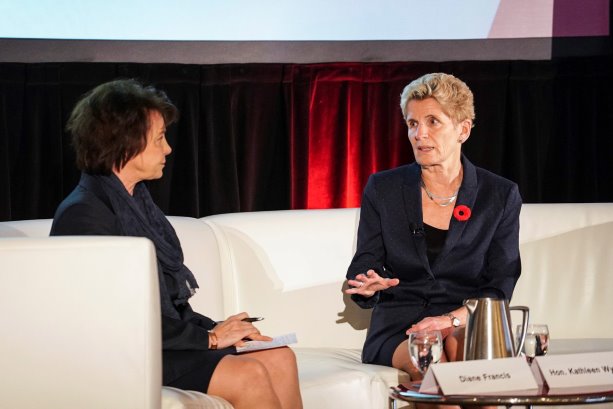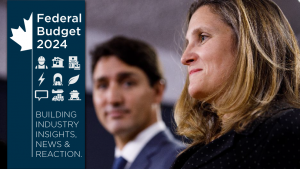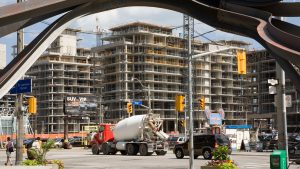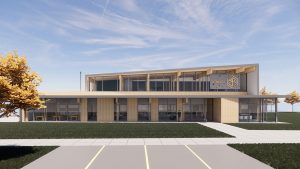Infrastructure progress is possible across borders, according to Ontario’s premier, but action will come at the provincial and state level.
Kathleen Wynne spoke to reporter and author Diane Francis at an interview session held at the Canadian Council for Public-Private Partnerships 25th annual P3 conference in downtown Toronto recently.
Wynne said progress has been made regarding infrastructure using public-private partnerships, but more at the subnational level than nationally.
"So much has gotten done at the subnational level," Wynne said, citing Ontario’s work on greenhouse gas reduction and climate change, while granting there is still work to do in terms of the province’s infrastructure deficit.
Wynne added climate change initiatives are happening in the United States as well, but again not at the federal level.
"In the U.S., it’s going to have to come at the state level, because it’s not coming out of the White House. There is a role for municipalities where the rubber hits the road," Wynne said.
She added she’s connected with 32 governors, some by phone and many in person, and while trade is a dominant issue, "procurement and the ability to work across the border is trade as well."
In terms of the P3 model, the infrastructure climate in the U.S. is different and adoption of P3s is a "real challenge," due to difficulty in planning a long-term project, she said.
"In Ontario you can have a system that serves the public good, but still gives a return to the private sector," Wynne said.
Broadband, she said, is the "number one ask" from rural communities, which she termed "the foundational infrastructure of the 21st century."
By contrast, tech entrepreneurs ask first about rail infrastructure and other quality of life features that will allow them to build communities around technology hubs.
"Younger people want a quality of life comparable to what they would have in larger centres. A lot of aging infrastructure was built in the 1960s and ’70s and it’s creaking," she said.
Wynne said discussions on the North American Free Trade Agreement (NAFTA) with her American counterparts echoes the challenges of infrastructure. All sides agree, she said, that there should be a "do no harm" discussion that still addresses changes such as the move to a digital economy and shifting labour needs.
She also noted 28 states count Canada as their main trading partner and many other states count the nation as a secondary trading partner, though she admitted awareness of Canada’s economic importance diminishes as one travels further south of the border.
"Canada is absolutely dependent on trade with the U.S.," Wynne said, "but it’s a symbiotic relationship.
"The problem is there’s a disconnect between those conversations and what’s coming out of White House. I’m afraid we’ve seen that disconnect grow over the last few months."
Ontario’s priorities regarding NAFTA, she said, are to stand up for Ontario’s workers and businesses. The province’s success has partly been due to infrastructure investment.
"We know NAFTA has benefited our economy and their economy as well, and we don’t want a trade war, but there are non-negotiables. We won’t step over that line," Wynne said.
"It’s working, so let’s not blow it up."











Recent Comments
comments for this post are closed